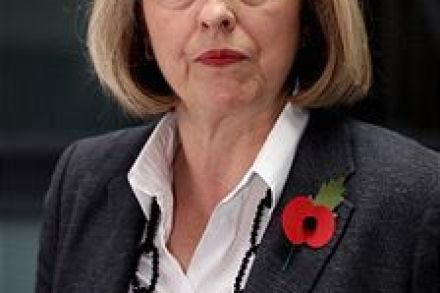Alan Johnson: this time it’s personal
Alan Johnson has been more comic than cutting during his spell as shadow chancellor. It’s not so much that he’s doing a bad job, but rather that he’s taken a singular approach to the biggest political issue of the day. Where Labour MPs have wanted moral outrage, he has delivered easy quips. Where the public might expect self-confidence, he has chosen self-deprecation. It may be charming, but the question is: does it win votes? Which is why it’s intriguing to see Johnson change course today, via a surprisingly spiky article in the New Statesman. There is, so far as I can tell, not one intentional gag in the entire piece















